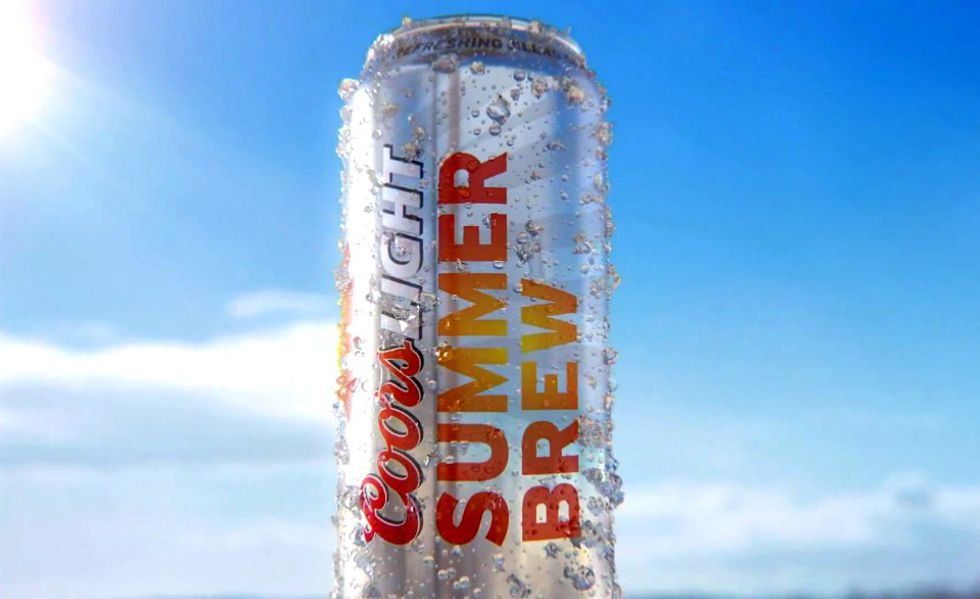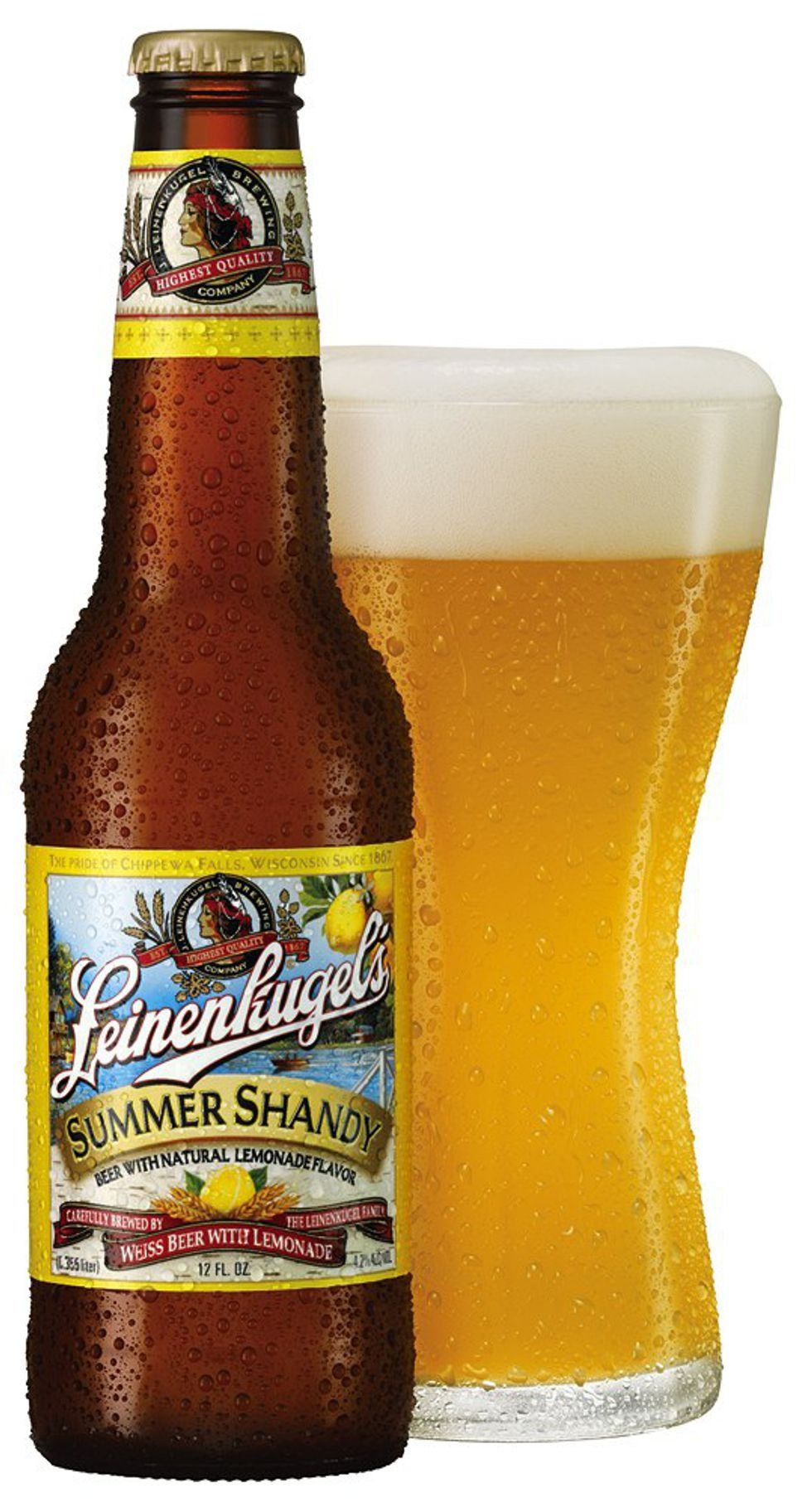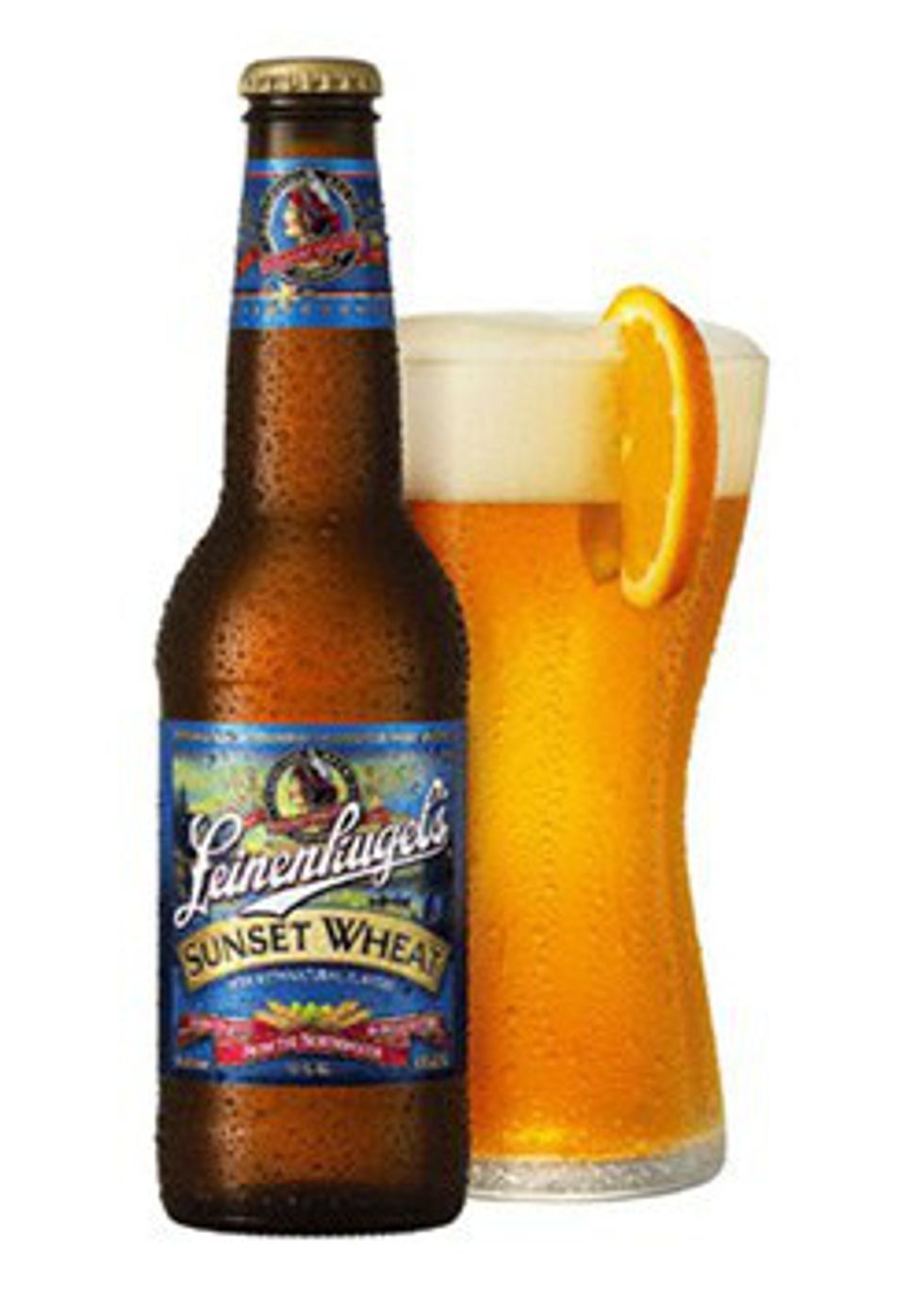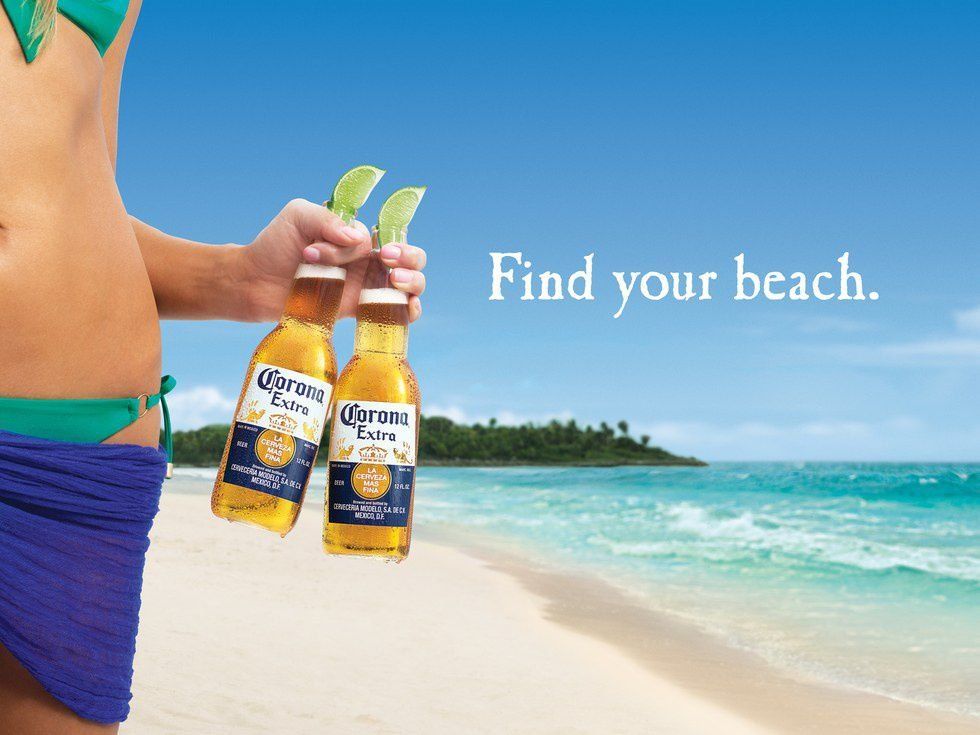Saturday, August 13th (Day 8) concluded the rowing events in the Rio 2016 Olympics.
No, not idyllic paddling with friends on a camping trip here, we're talking crew - competitive rowing.
It's a challenging sport, built on extreme exertion and endurance, but is unknown to much of the general Olympic public. So here is what you need to know about the mighty American women on the water and the sport they invest and succeed in.
A successful day of finals
Day 8 consisted of four rowing finals that happened Saturday morning.
The United States was represented in three of those four, the women's single, women's eight, and men's eight. The United States placed 2nd, 1st, and 4th respectively.
That's right, United States won silver in women's single scull and gold in women's eight!
The structure of events
There were 14 different rowing events in the Olympic Games this year. All races are done on a 2,000 meter course. Some boats are singles, with one rower per boat, while others are made up of multiple rowers, in doubles/pairs, quads/fours, or eights. There are also two types of rowing: sculling and sweep races. You can tell it is a scull race if Olympians are rowing with hands on separate oars, and it is a sweep race if it each rower has two hands on a single oar, and is done to one side, like below, in the men's eight.
Rowing is nothing like canoeing/kayaking
Rowing is one sport in the Olympic Games, canoeing/kayaking combined is another sport. Not only are the sports governed by different federations, but they target entirely different muscle groups.
An Olympic rower rows with their back to the finish line, while an Olympic kayaker/canoer rows forward. A rower’s oars are locked in place, with a sliding seat instead of the free-held paddles in canoeing/kayaking. As a result, most of a rower’s powers come from their legs, versus the arms and torso of a canoer/kayaker.So, yes, rowers have strong arms. But they have EVEN stronger legs. That's why they train on rowing machines, known as ergometers or "ergs".
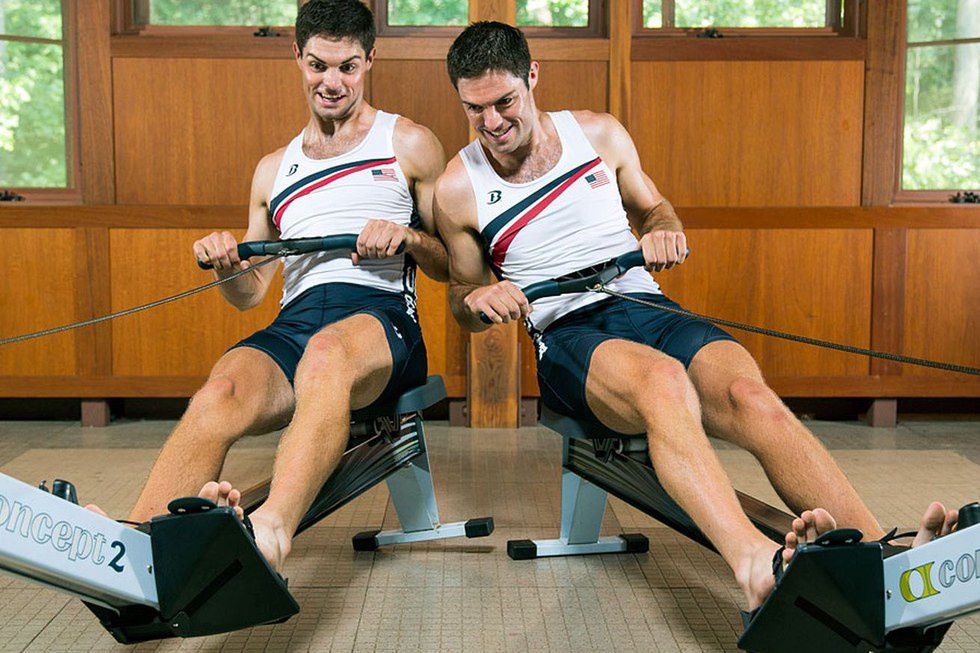
The gold winners
This is not the first time America has won gold in rowing. The women's eight have had a gold metal streak since 2006. In the first 1000m. most of the boats remained fairly even, but at the half-way point the United States broke away and shifted to the lead!
Now, the United States has won three straight gold medals! That is something to be celebrated.
Respect the role of a coxswain.
Rowing an eight is an incredibly tricky endeavor and the entire team needs to match up and be in sync, finding that perfect swing. In the women and men’s coxed eights there is a ninth athlete, the coxswain or "cox". Although not a rower, the coxswain is a crucial part of the team as she/he navigates and directs the boat, and pushes them past their limits.
In the Olympics, the cox sits at the front of the boat, facing the rowers and is the only one with a clear view of the finish line. Coxswains may be small compared to the rowers, but they have the authority. The rower they are directly in front of is the stroke, who sets the stroke rating, strokes per minute.
Meet Katelin Snyder, the gold medal coxswain

At 5'4'' and 110 pounds, Katelin Snyder from Detroit, Michigan is the cox for the US women's eight. She is exceptional and led her boat to victory at her first ever Olympics, becoming a gold medalist.
A graduate from the University of Washington, she describes her interests in a list that includes, "zoos, aquariums, museums, books, rollerblading and the beach." It is a good thing she likes the beach, because as per rowing tradition, the boat lovingly celebrates a gold medal win by throwing the cox into the Rio waters.
Meet the USA silver medalist Gevvie Stone.
For some events, there is no coxswain or even another rower in the boat. Those are the single events.
Representing the US in the woman’s single sculls is Genevra Lea Stone, M.D. She won the first medal in rowing for the United States this year!
Gevvie is 31 years old and stands at 6ft tall, this is her second Olympic Games and her first time medaling.
She graduated from Princeton in 2007 and graduated from Tufts University School of Medicine in 2014.
That’s right, she is an Olympian and she is a Doctor.
She trained for the games during medical school, describing it as "totally doable".
So what's her next mission? Orthopaedic surgery residency.
She's got endurance, brawn, and brains. A quality role model for women and men of all ages. And now she has a silver medal!
It is so surprise that she fought to the finish because she survived some pretty insane conditions at the start of the Olympics during her first qualifying race. She even laughed about it later.
Catching a crab has nothing to do with crustaceans.
There is so much rowing terminology, it may seem like rowers speak an entirely different language. So if you are interested, study up.
This Olympics, several rowing events have been cancelled because of wind and tumultuous waters.
One thing that every rower loathes is “catching a crab”. That can happen in poor weather conditions or when a rower makes a mistake in alignment and timing so their oar becomes stuck in the water at the end of a stroke. This will dramatically slow the boat down. If the boat is going at a high speed, it will flip over the boat and/or eject the rower out of the seat!
During the first day of rowing events, two Serbian rowers were capsized because of a crab and windy waters. Thankfully, the final day of rowing was less tumultuous.
Rowing is incredibly difficult, but it's worth it.
The unpredictable weather, the cardiovascular endurance, the muscular strength, the power, the synchronization. The numbing, the correction, the blisters, the personal goal-setting, the sacrifice of self. Rowing is a combination of technical skill and mental toughness.
When you see rowers pushing against their footholds (known as foot-stretchers) with all of their might and making funny faces, know this. Rowing hurts. If it is done right, it will be a painful experience. But that is why it builds character.
To quote the book The Boys in the Boat:Nine Americans and Their Epic Quest for Gold at the 1936 Berlin Olympics,
“It’s not a question of whether you will hurt, or of how much you will hurt; it’s a question of what you will do, and how well you will do it, while pain has her wanton way with you.”
When describing the resistance and support from the water as both enemy and friend, the author goes on to say....
"So is life: the very problems you must overcome also support you and make you stronger in overcoming them."
We are proud of you, Olympic rowers of 2016. Thank you for showing us how to be strong, overcome, and push on.
Thank you Gevvie, Katelin, and crew, for showing us that hard work pays off.


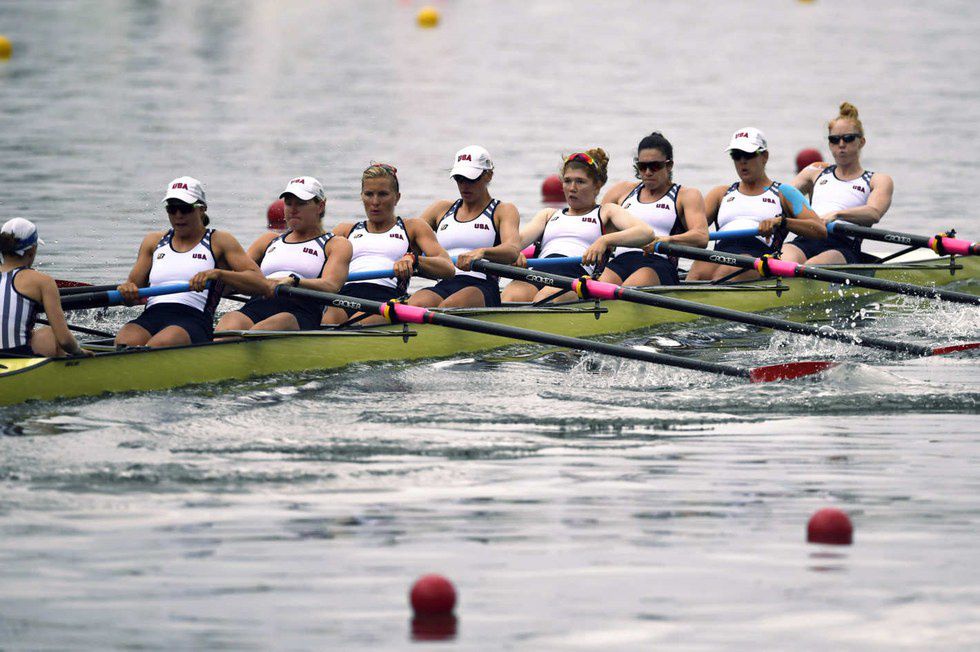

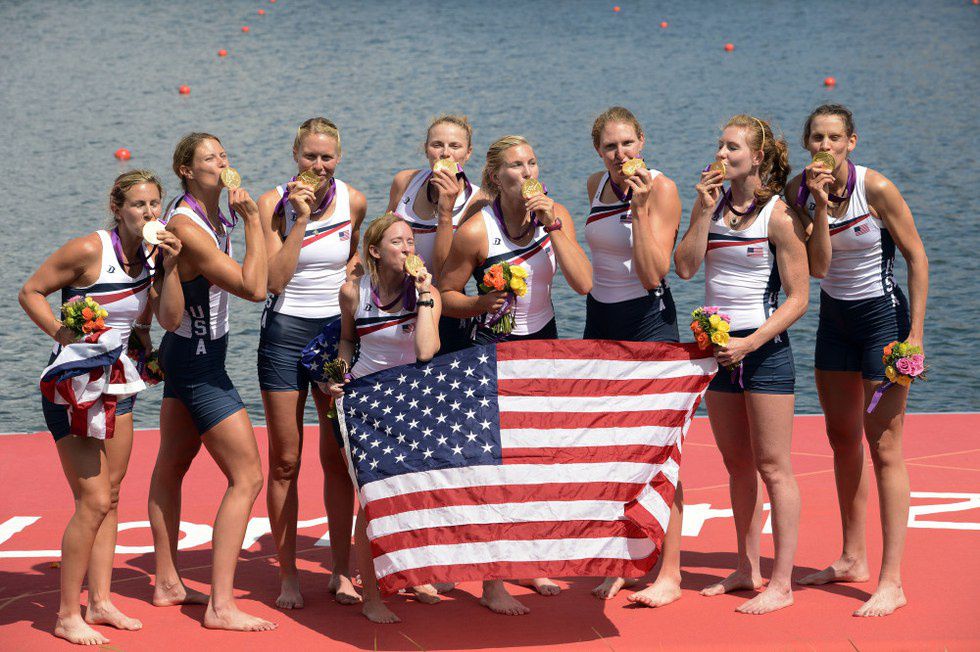





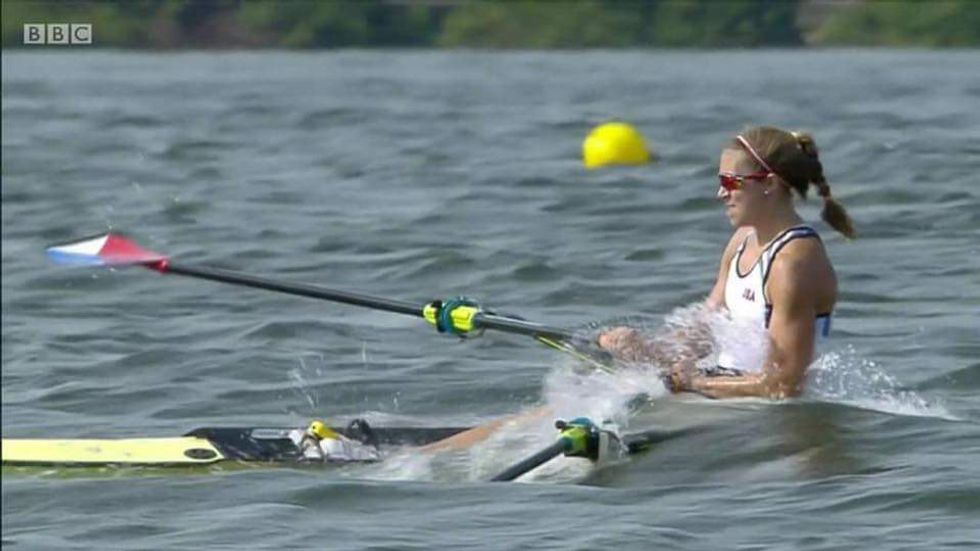

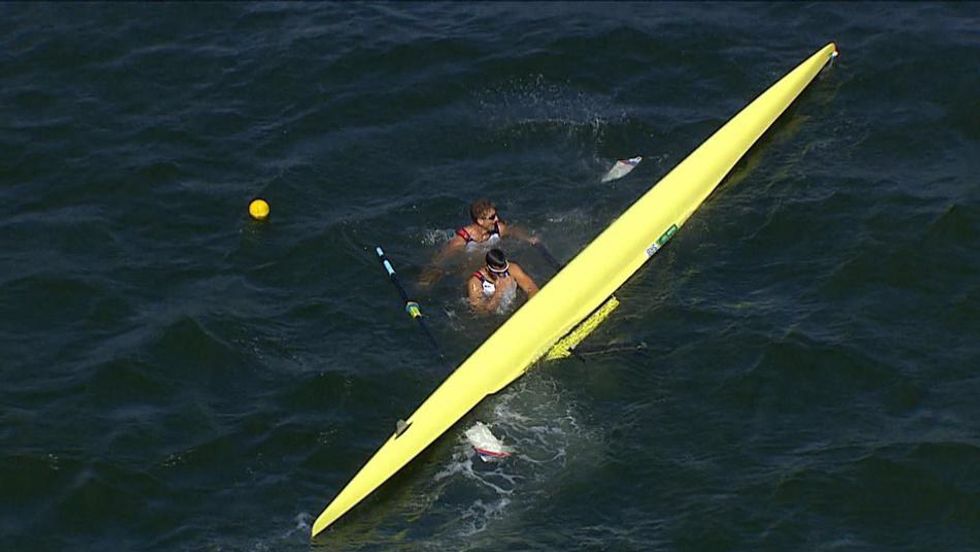

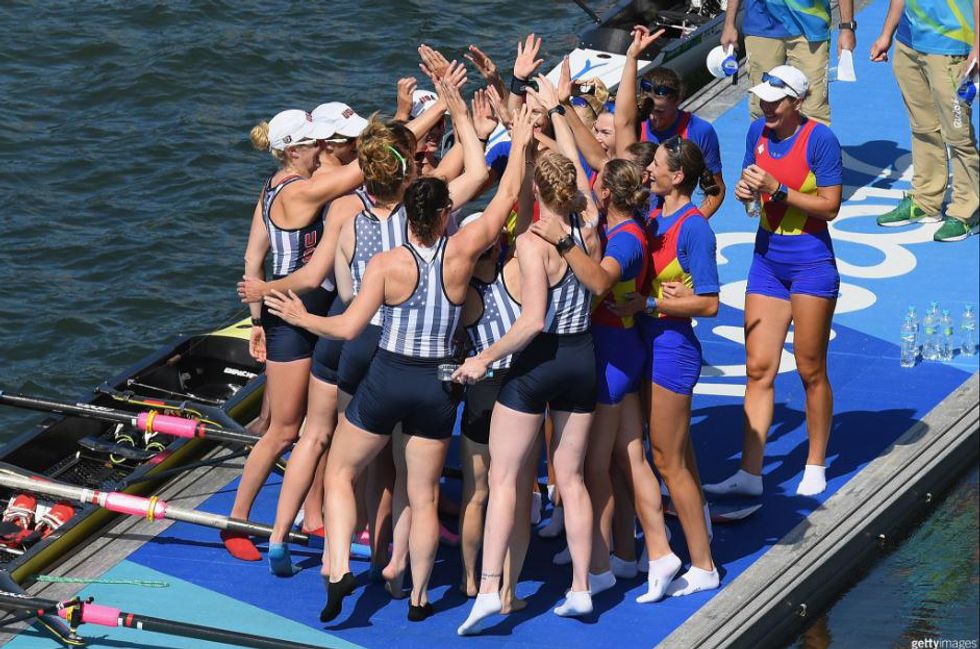

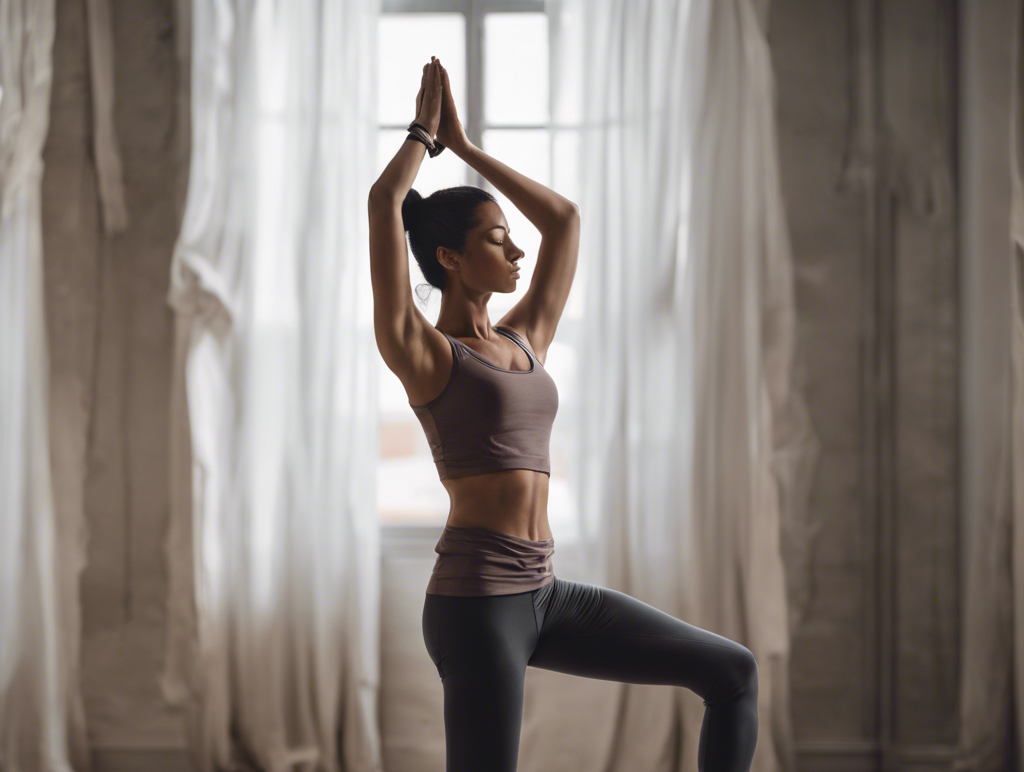 StableDiffusion
StableDiffusion
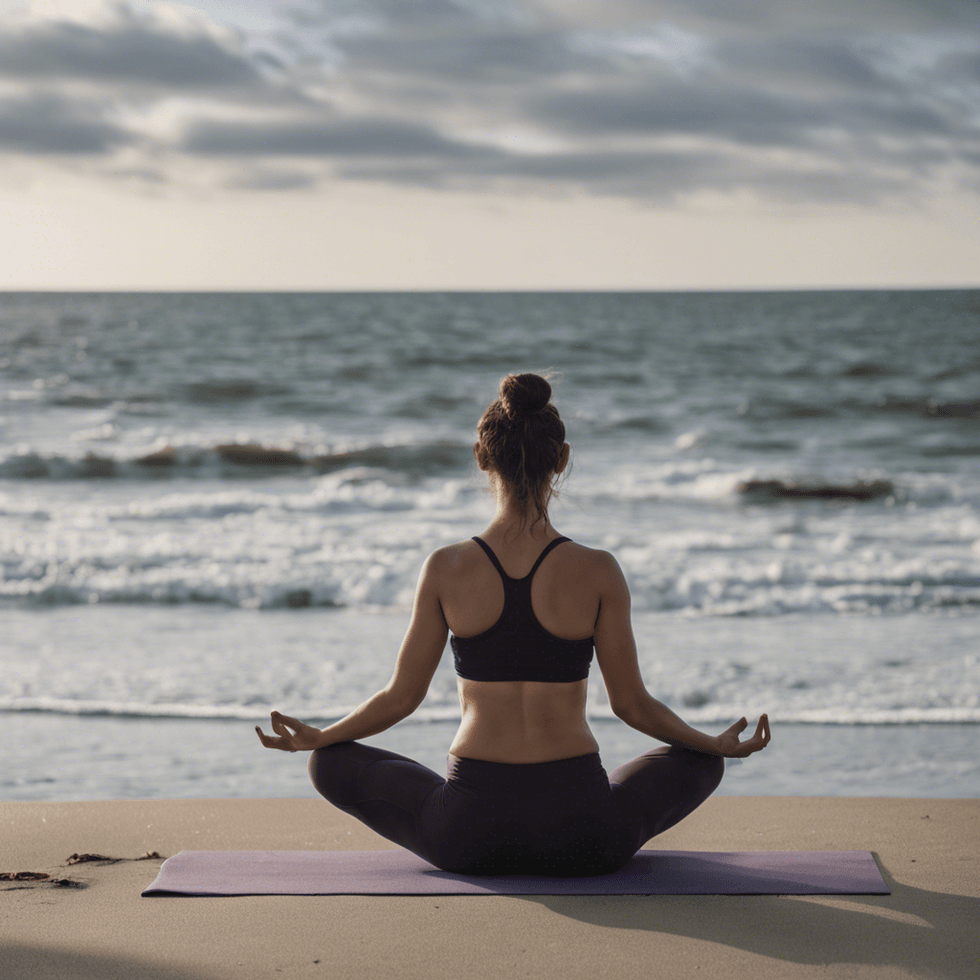 StableDiffusion
StableDiffusion

 File:Blake ancient of days.jpg - Wikimedia Commons
File:Blake ancient of days.jpg - Wikimedia Commons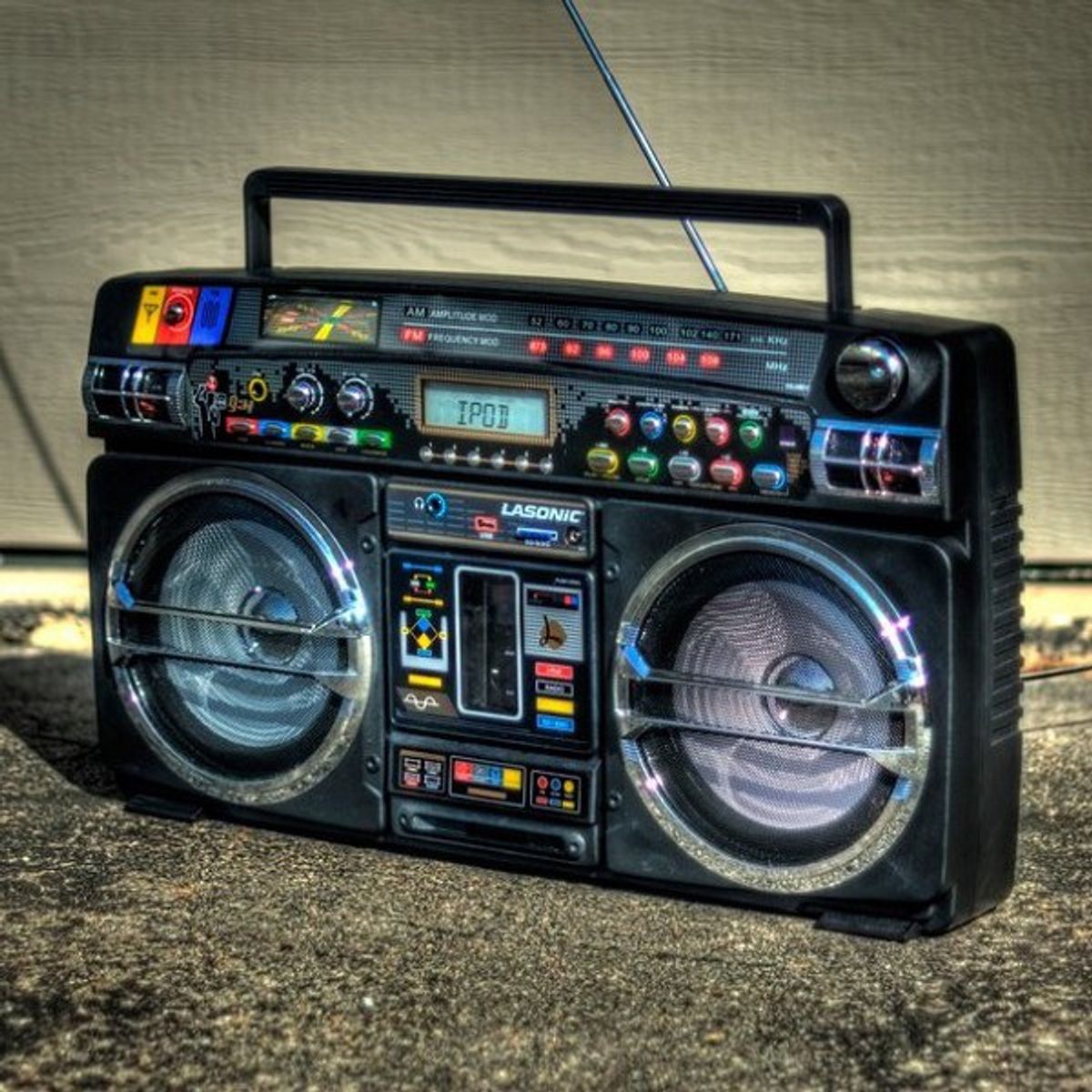







 woman in white shirt leaning on yellow wall
Photo by
woman in white shirt leaning on yellow wall
Photo by  pancakes with syrup
Photo by
pancakes with syrup
Photo by  person in brown knit sweater
Photo by
person in brown knit sweater
Photo by  a person sitting on a couch with a laptop
Photo by
a person sitting on a couch with a laptop
Photo by  woman in black and white floral dress sitting on red car hood during daytime
Photo by
woman in black and white floral dress sitting on red car hood during daytime
Photo by  a person holding a cell phone in their hand
Photo by
a person holding a cell phone in their hand
Photo by  high angle photo of cityscape
Photo by
high angle photo of cityscape
Photo by  woman covering eyes with hand
Photo by
woman covering eyes with hand
Photo by  smiling woman wrapped with white headscarf
Photo by
smiling woman wrapped with white headscarf
Photo by  Good hair | Jamie | Flickr
Good hair | Jamie | Flickr mmm coffee | We found a good coffee place on the island. Act… | Flickr
mmm coffee | We found a good coffee place on the island. Act… | Flickr man jumping on the middle of the street during daytime
Photo by
man jumping on the middle of the street during daytime
Photo by 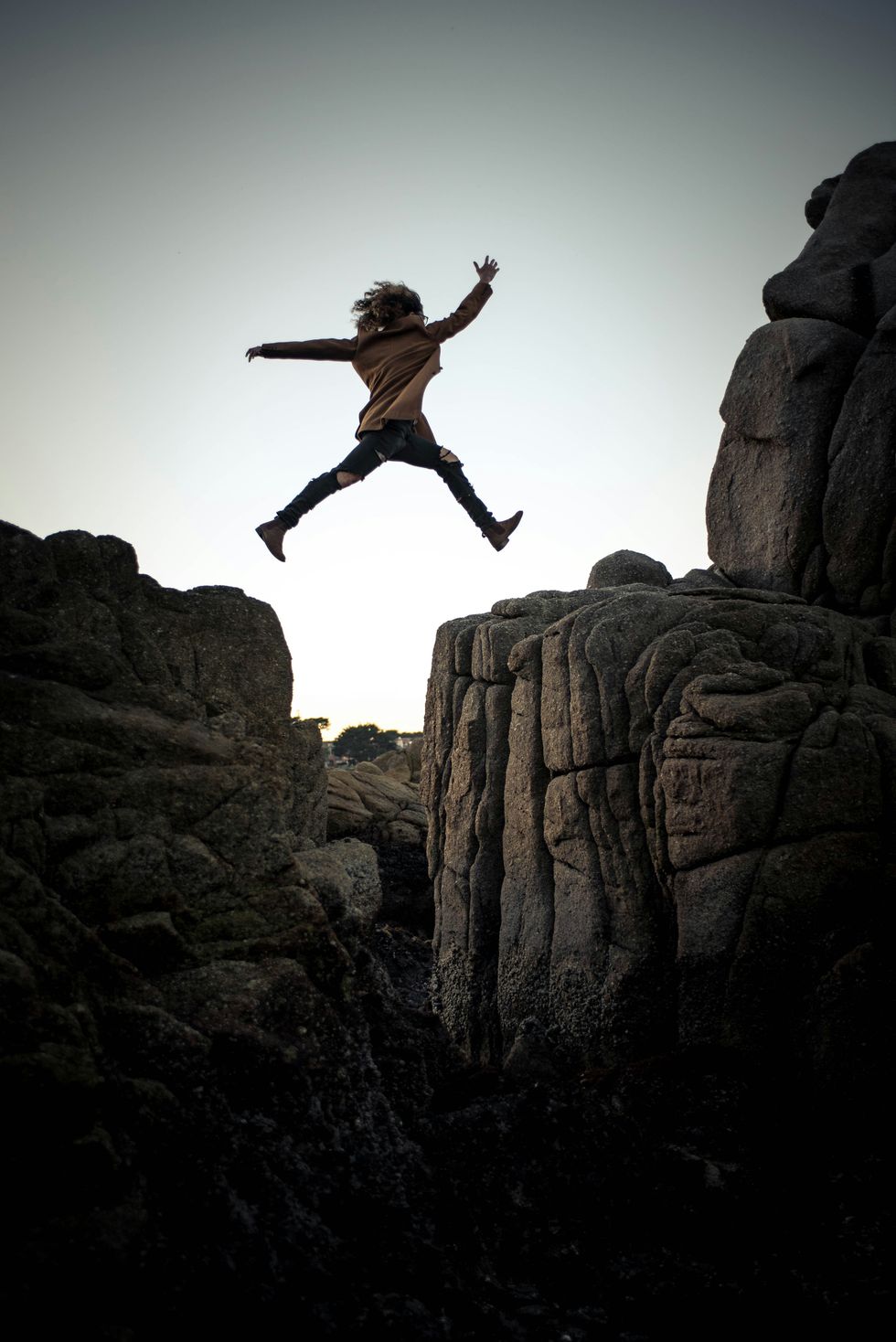 person jumping on big rock under gray and white sky during daytime
Photo by
person jumping on big rock under gray and white sky during daytime
Photo by 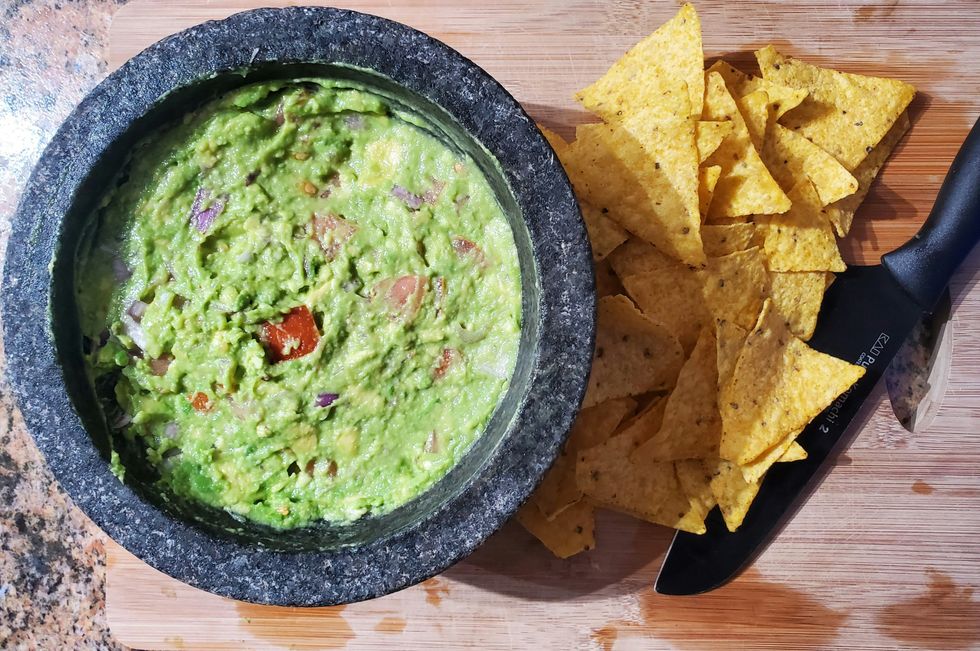 a bowl of guacamole next to a bowl of tortilla chips
Photo by
a bowl of guacamole next to a bowl of tortilla chips
Photo by  two women sitting on a couch in a living room
Photo by
two women sitting on a couch in a living room
Photo by  cooked food on black bowl
Photo by
cooked food on black bowl
Photo by  men's arm tattoo
Photo by
men's arm tattoo
Photo by  a group of trees with orange leaves
Photo by
a group of trees with orange leaves
Photo by  The butterflies in the stomach... | Check out my blog! www.p… | Flickr
The butterflies in the stomach... | Check out my blog! www.p… | Flickr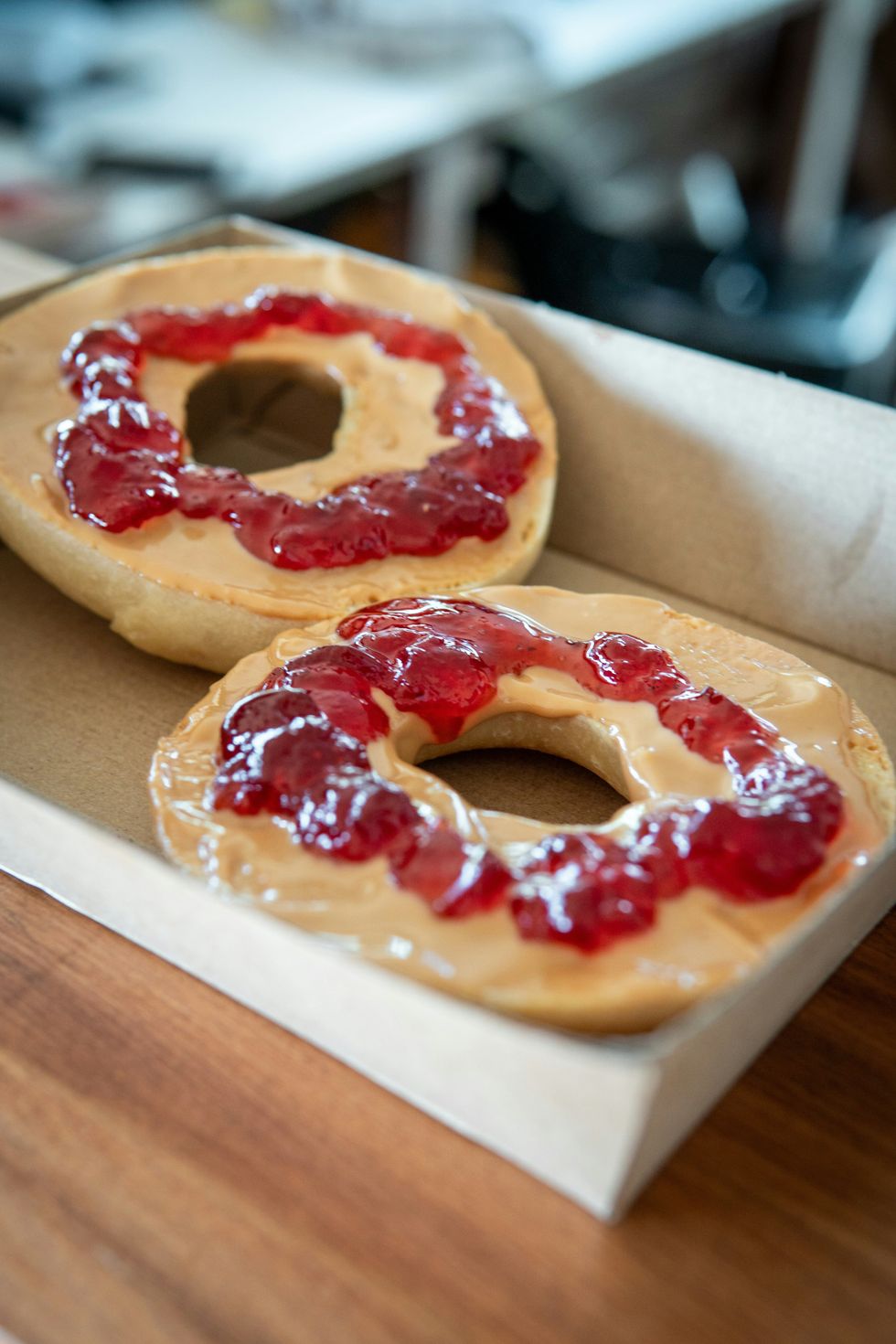 two bread with sauce in box
Photo by
two bread with sauce in box
Photo by  a couple of young girls standing next to a tent
Photo by
a couple of young girls standing next to a tent
Photo by 
